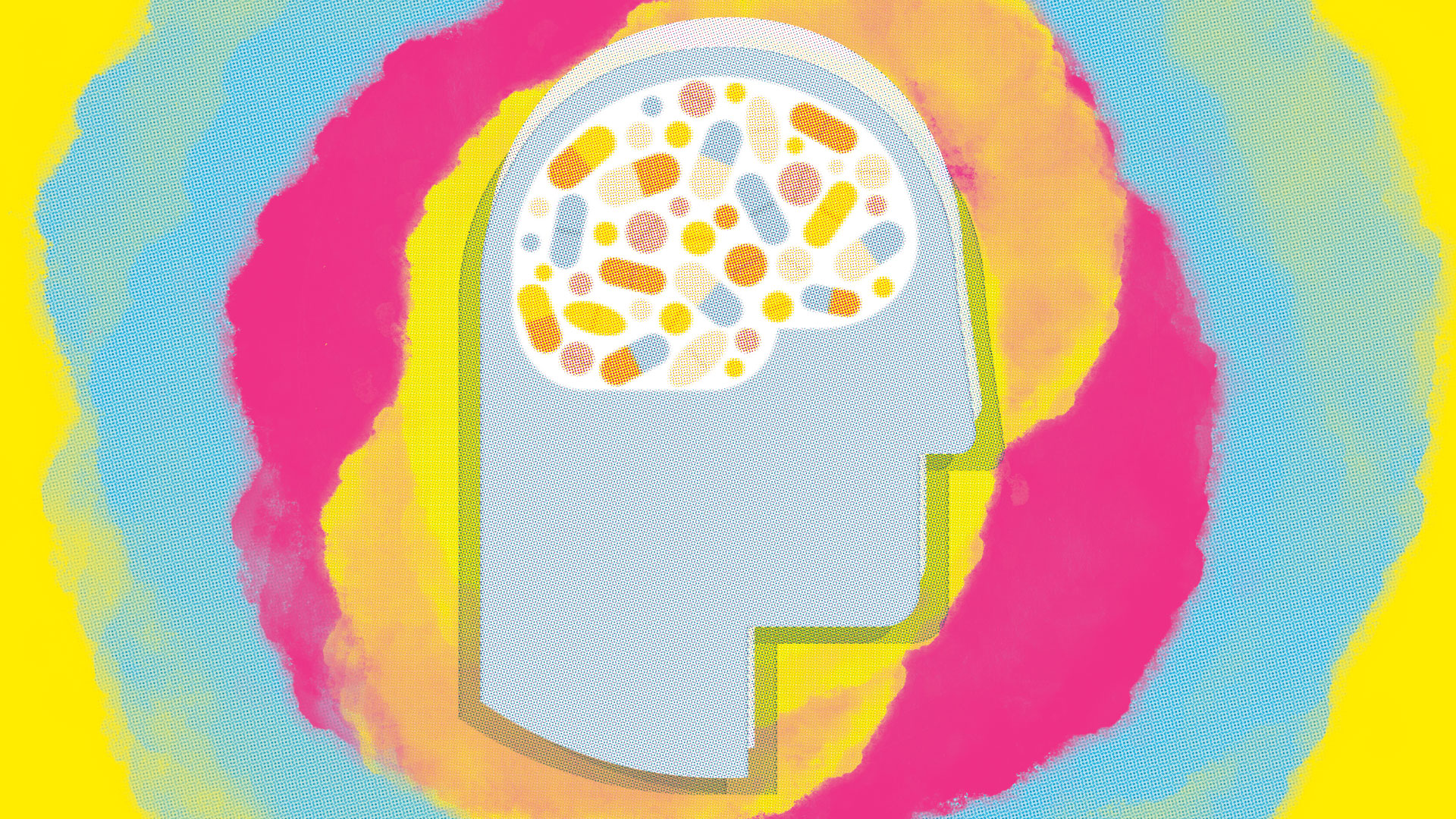The Big Issue: Is there a neurological purpose for the brain allowing itself to become addicted?
Judith Grisel: I don’t think addiction itself has a purpose but the neural mechanism that results in addiction is an outcome of the neurobiology that encourages us to eat and have sex, which will help us survive. It also encourages us to explore new environments, ideas and experiences, which is good for humanity too. The tendency to like things that forward the survival of our species – it’s hardwired.
Before a person takes a substance they could become addicted to, is it already predetermined that they’re more likely to become addicted?
Anybody will become dependent if they take enough. There are genetic components but also experiential components – you might be genetically prone to stress and anxiety, you may grow up in an environment that is chaotic and insecure, and that could programme you to be more stressed or anxious. Some people are cautious, some people are naturally more impulsive. That’s good for humanity because we need a population that’s diverse. Those who are more novelty-seeking and risk-taking are at increased risk right now because there are not a lot of new lands to explore… but there are plenty new pharmacologies to exploit.
#Bucknell Prof Judy Grisel says that while adults can probably recover from the negative effects of using marijuana, "the consequences of this desensitization are more profound, perhaps even permanent, for adolescent brains." via @washingtonpost https://t.co/STWRt4Vh2K pic.twitter.com/MpQ3bbcgX7
— Bucknell University (@BucknellU) May 25, 2018
What happens inside your brain between taking a substance for the first time and becoming addicted to it?










